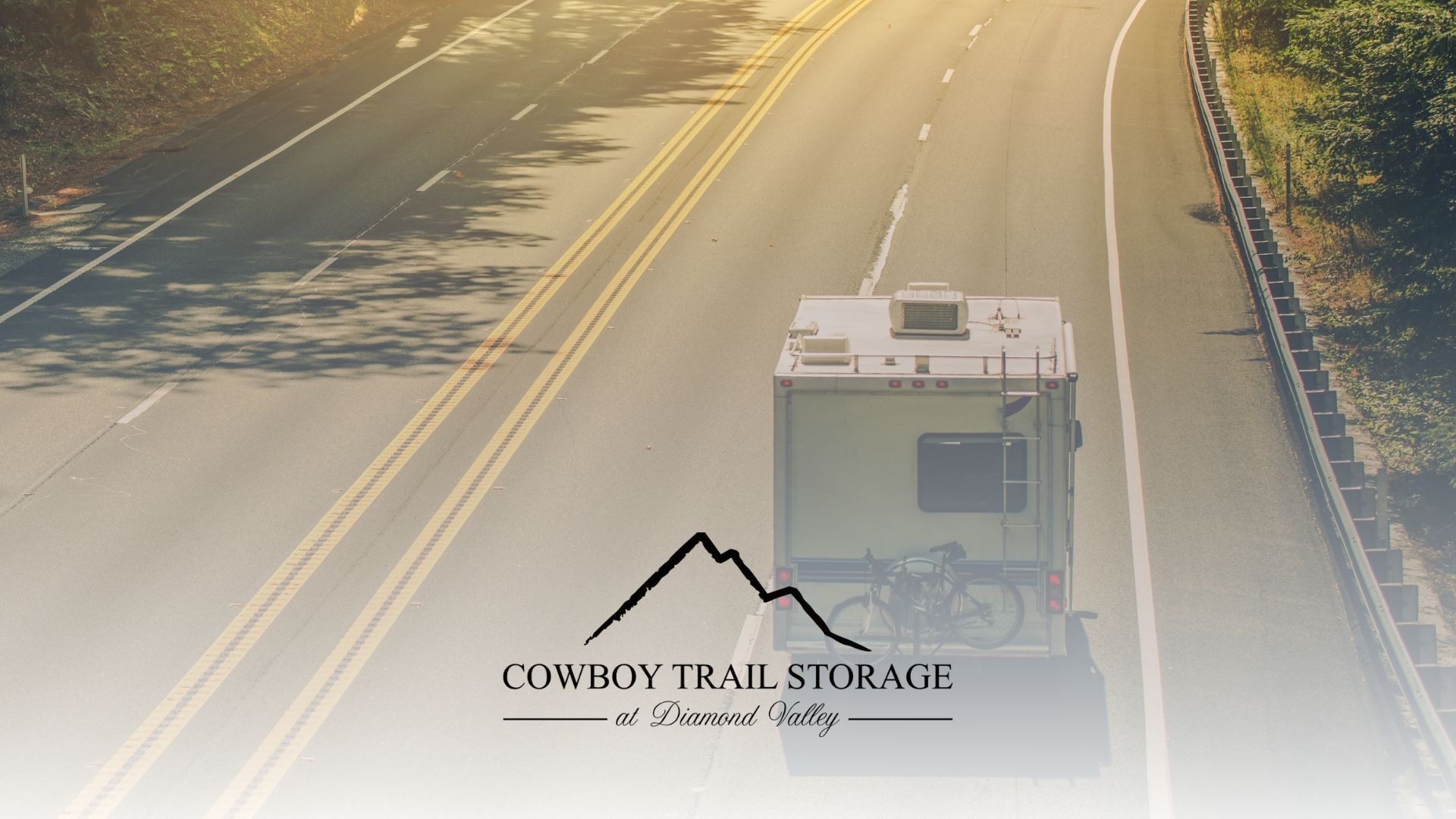Owning a recreational vehicle opens the door to freedom, travel, and adventure. But whether you’re road-tripping through the Rockies or parked for the off-season, how you store your RV can make a major difference in how long it lasts. Many issues with aging RVs—like leaks, electrical problems, or rust—can be avoided with the right care and preparation.
From choosing the right RV self storage facility to preparing your water systems for the winter months, proper storage plays a key role in protecting your investment. In this post, we’ll look at how proper RV maintenance and storage habits can extend your vehicle’s lifespan and save you time, money, and stress down the road.
Why Storage Matters for RV Owners
Your RV isn’t just a vehicle—it’s a home on wheels. And like any home, it needs regular upkeep. But even if you’re keeping up with oil changes and cleaning, where and how you store your RV affects everything from your tires and roof seals to your water heater and batteries.
Leaving your RV parked outside all year, especially in Alberta’s harsh cold weather, can lead to water damage, cracked plumbing, and worn-out seals. The key to protecting your RV and getting more years out of it lies in knowing how to store it right—especially during the winter season.
Choose the Right Storage Option
Every RV owner has different needs. You might need a place to keep your RV for a few months over winter, or you might be looking for long-term storage space when you’re not travelling. Either way, a trusted RV self storage facility is usually the best choice. Some storage options include:
- Outdoor Storage: More affordable, but offers limited protection from snow, wind, and UV damage.
- Covered Storage: Provides a roof overhead, protecting your RV from snow buildup and direct sun.
- Indoor Storage Units: Ideal for smaller RVs or trailers, offering full protection from the elements.
A proper storage facility often includes 24/7 access, security surveillance, gated access, and sometimes even winterization services. The extra cost is often worth the peace of mind.
Steps to Prepare Your RV for Winter Storage
To get the most out of your RV, it’s essential to store it properly—especially during the winter months. Follow these tips to protect your RV and extend its life.
1. Drain and Winterize Your Water System
If you haven’t already winterized your RV, this is the first step. Drain the black water, grey water, and fresh water tanks completely. Empty and bypass your water heater. Flush the lines and add RV-safe antifreeze to the plumbing system to avoid freezing pipes.
Don’t forget to run antifreeze through the water pump and all faucets—including showers and toilets—to make sure your plumbing is protected.
2. Remove or Disconnect the Battery
Cold temperatures can drain battery power fast. If you’re not using a heated storage unit, remove your battery and store it somewhere warm. Use a trickle charger to keep it charged during storage.
If you’re keeping the battery in the unit, disconnect it to avoid phantom drains that can reduce its lifespan.
3. Protect the Tires
Tires are often overlooked during RV storage, but they’re one of the most vulnerable components. Use tire covers to protect them from sun exposure and cracking. Inflate to the recommended tire pressure before storage and, if possible, move the RV slightly every few weeks to avoid flat spots.

Don't Skip Interior Prep
Before putting your RV in storage, clean the interior thoroughly. Remove all food, liquids, and anything that might attract pests. Wipe down surfaces and vacuum all floors, cabinets, and drawers.
Leave the refrigerator and freezer doors open slightly to prevent mildew, and place moisture absorbers inside the RV to reduce condensation and water damage.
If you’re storing long-term, consider removing cushions or storing them vertically to allow airflow.
Exterior Protection Is Just as Important
Wash and wax your RV before storage to remove dirt and road grime that can damage the paint or finish. Inspect the roof and window seals for cracks and reseal as needed.
Cover roof vents with breathable covers to allow airflow while keeping out snow and moisture. If you’re using outdoor storage, an RV cover is a good investment. Choose one that’s water-resistant and breathable to prevent mould.
Monitor and Maintain During Storage
If your RV is in a location that allows for occasional visits, check on it every few weeks. Look for signs of water entry, low tire pressure, or any pest activity. Running the engine and generator for 10–15 minutes can also help keep them in working condition if the RV is in storage space with access. If you’ve chosen an indoor storage unit, chances are your RV will be more protected—but occasional checks are still wise.
The Benefits of Proper Winter Storage
Using the right storage methods can significantly extend the life of your RV’s systems, reduce repair costs, and keep it road-ready when the snow melts. Here’s what RV owners gain by doing it right:
- Fewer plumbing repairs in spring
- Extended life for batteries and tires
- Reduced risk of pests and rodents
- Better resale value thanks to proper RV maintenance
- More reliable performance season after season
Ultimately, proper storage isn’t just about making space—it’s about taking care of a vehicle that supports your lifestyle and your adventures.
Trailer Storage near Calgary
Storing your RV the right way is one of the easiest and most effective ways to protect it. Whether you’re tucking it away for a few cold months or stepping away from travel for a season, investing a little time and effort now can help you avoid major repairs later.
A trusted RV self storage facility like Cowboy Trail RV can offer the storage unit, security, and guidance you need to confidently leave your RV through the winter season. Pair that with good RV maintenance habits, and you’ll be set for many more years of adventure.

